Closed Loop Partners and the U.S. Plastics Pact Release First-of-Its-Kind Report on Insights from Customers Engaging with Reusable Packaging Systems in the U.S.
January 08, 2024
Key findings support the development of more effective reuse systems that meet customer needs and increase return rates of reusable packaging
NEW YORK – January 9, 2024 – Today, Closed Loop Partners’ Center for the Circular Economy (“the Center”), in collaboration with the U.S. Plastics Pact, published a first-of-its-kind report, Unpacking Customer Perspectives on Reusable Packaging, sharing new insights on customer behavior toward reuse in the U.S. The report seeks to understand customer attitudes, preferences and behaviors around reusable and refillable packaging solutions to help companies, cities and other key stakeholders navigate the current reuse landscape. To effectively address the global plastics waste challenge, we need widespread adoption of reuse systems. Understanding customer preferences is crucial for implementing successful solutions.
Since 2018, the Center for the Circular Economy has been testing diverse reusable packaging solutions in retail stores and restaurants. The Center’s Reuse Insights Lab conducts qualitative and quantitative research and data analytics through in-market testing, focus groups and customer interviews, to identify how to design and build the architecture for a reuse system that brings the circular economy to the forefront in our everyday life. In 2023, the Center’s Reuse Insights Lab collaborated with the U.S. Plastics Pact, engaging the customer bases of 16 innovators participating in the U.S. Plastics Pact’s Reuse Catalyst Program. Based on surveys, interviews and an analysis of hundreds of customers using reusable packaging across the U.S., our methodology focused on early adopter behavior. Rather than asking customers what they would do, we asked them what they already do. This allowed us to avoid the “intention-action gap” that can occur when relying solely on sentiment instead of in-market behavior.
The report shares five key insights distilled from these real-world customer experiences:
- Ongoing education and clear communication are vital to familiarize customers with reuse logistics and enable adoption on a larger scale;
- Technology can simplify reuse tracking—particularly on the backend—but too many tech hurdles on the frontend can overwhelm customers;
- Thoughtful design choices that balance utility, sustainability and appeal are key for reuse systems to achieve their intended impact;
- Choice and availability of reuse options help customers feel empowered to participate; and
- Reuse solutions that meet customers where they are rather than demanding perfection are most likely to support long-term habit formation.
As the Center works to build bridges for reuse systems, we recognize that achieving high return rates for reusable packaging is key to successful adoption. Without high returns, reuse models will struggle to achieve their intended environmental impact. However, with customers at various stages in their reuse journey, building reuse habits takes time. As brands and retailers increasingly look to reuse models as a core sustainability strategy, this timely report provides data-driven guidance on how to successfully scale reusable packaging by understanding customer perspectives and meeting customer needs.
Reuse systems are an essential part of moving away from a linear “take-make-waste” economy towards a system focused on resource circulation. However, to scale reuse sustainably and mitigate unintended consequences of low return rates, solutions must seamlessly integrate into consumer lifestyles and meet customer needs. By reporting on direct feedback from early adopter reusable packaging users, the report provides valuable intelligence on how to optimize participation by assessing real-world experiences, practical applications and perspectives. The insights aim to help both public and private institutions make reuse an accessible, everyday reality.
Kate Daly, Managing Director of Closed Loop Partners’ Center for the Circular Economy notes that, “We’ve reached a crucial moment to make reusable packaging a normal part of everyday life. The research in this report charts a course toward transforming reuse by starting from the customer’s point of view—understanding and overcoming the obstacles people face that stop them from developing a habit of reusing.”
Similarly, Emily Tipaldo, Executive Director of the U.S. Plastics Pact, underscores that, “If businesses and organizations can collaborate to deliver reusable options that truly fit into customers’ lifestyles, reuse can shift from occasional to habitual.”
In the coming year, Closed Loop Partners will release additional insights, building upon this research, as part of an ongoing initiative to accelerate the transition to scalable and durable reusable packaging systems across the U.S. By translating the report’s insights into practical solutions focused on optimizing convenience and value for customers, businesses, advocates and municipalities can propel a culture shift in which reusable packaging models can become the everyday norm.
About the Center for the Circular Economy
The Center for the Circular Economy (‘the Center’) is the innovation arm of Closed Loop Partners, a leading circular economy-focused investment firm in the U.S. The Center executes research and analytics, unites organizations to tackle complex material challenges and implement systemic change that advances the circular economy. The Center for the Circular Economy’s expertise spans circularity across the full lifecycle of materials, connecting upstream innovation to downstream recovery infrastructure and end markets.
The Center’s Circular Insights Lab conducts quantitative and qualitative research and data analytics through in-market pilots, focus groups, iterative testing and consumer interviews, identifying circular trends, challenges and opportunities across multiple sectors and themes, including reuse.
About the U.S. Plastics Pact
The U.S. Plastics Pact is a solutions-driven consortium, launched as part of the Ellen MacArthur Foundation’s global Plastics Pact network. The U.S. Plastics Pact connects diverse public-private stakeholders across the plastics value chain to rethink the way we design, use and reuse plastics, to create a path forward to realize a circular economy for plastic in the United States.
In line with the Ellen MacArthur Foundation’s vision of a circular economy for plastics, which unites more than 850+ organizations, the U.S. Plastics Pact brings together businesses, not-for-profit organizations, research institutions, government agencies and other stakeholders to work toward scalable solutions tailored to the unique needs and challenges within the U.S. landscape, through vital knowledge sharing and coordinated action.
Related posts

Press Release
Closed Loop Partners’ Composting Consortium Launches...
The grant program for composters and communities comes...

Press Release
New Data Reveals High Quantities of Food-Grade Polypropylene...
Closed Loop Partners’ Center for the Circular Economy...
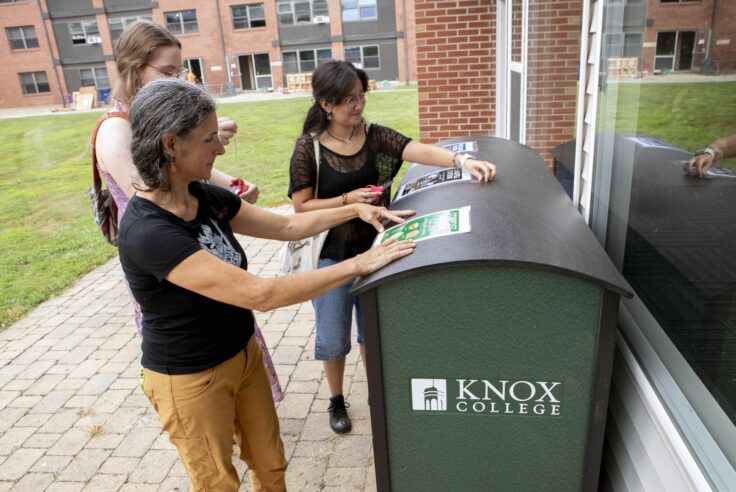
Blog Post
Keeping Compost Clean: Tools to Help Reduce Contamination...
The Composting Consortium interviews EcoProducts to...
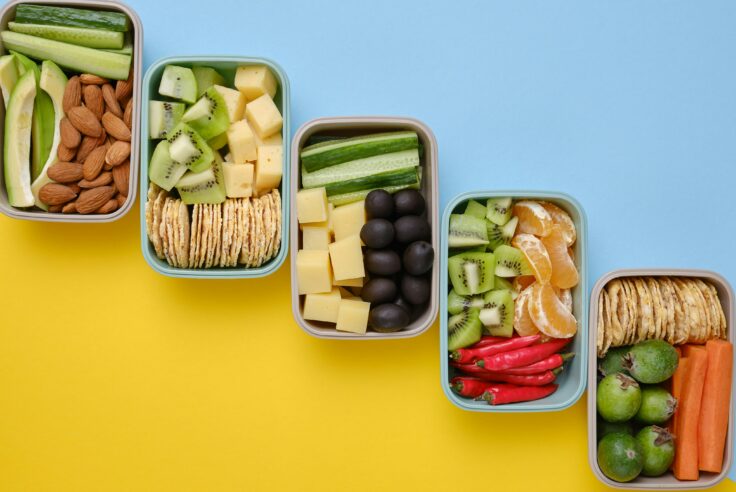
Press Release
Closed Loop Partners and U.S. Plastics Pact Identify...
Packaging types primed for reuse lay the groundwork...

Press Release
Closed Loop Partners Unveils Groundbreaking Findings...
Closed Loop Partners’ Center for the Circular Economy...

Blog Post
8 Tips to Navigate Life Cycle Assessments for Circular...
Closed Loop Partners’ Center for the Circular Economy...
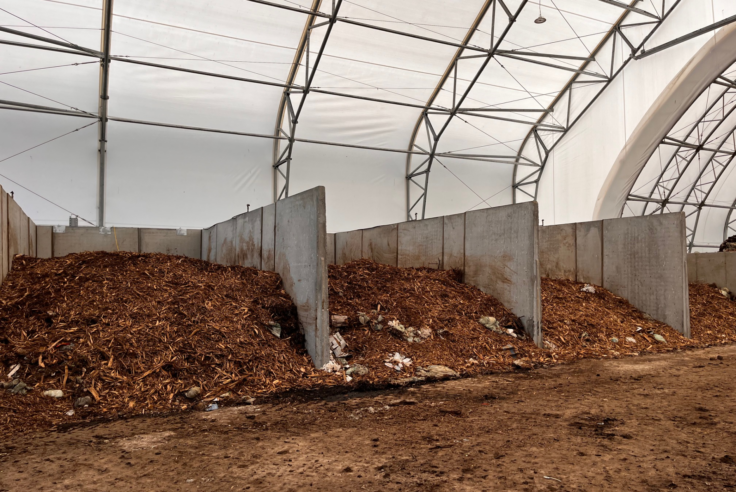
Blog Post
Why More Composters Are Recovering Food Scraps and...
Black Earth Compost and Glacial Ridge Composting Facility...
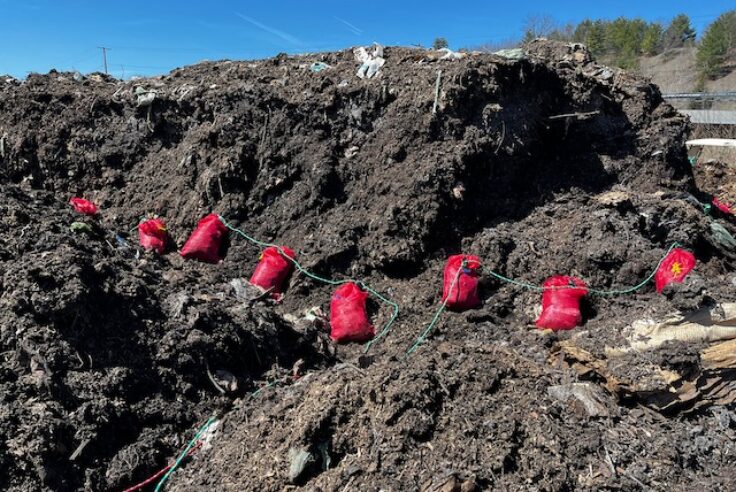
Blog Post
Does Compostable Packaging Actually Turn into Compost?...
In a joint interview, field testing experts, including...
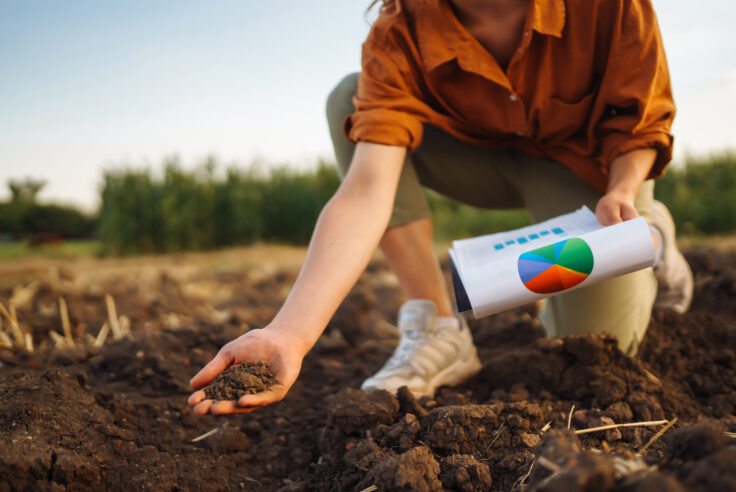
Press Release
Composting Consortium Releases New Data to Compostable...
The new platform by the Compostable Field Testing Program...

Press Release
Leading Retailers Accelerate Industry Collaboration...
Target, CVS Health, Kroger and other retailers reaffirm...
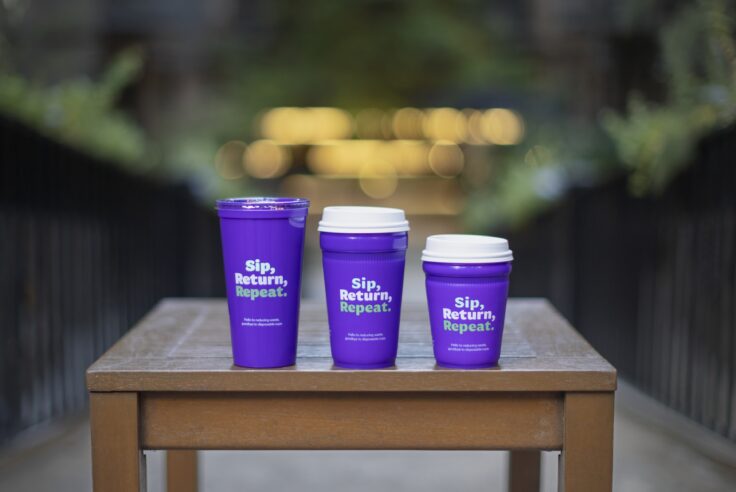
Press Release
The Petaluma Reusable Cup Project: Starbucks, The Coca-Cola...
The collaboration, led by the NextGen Consortium, makes...
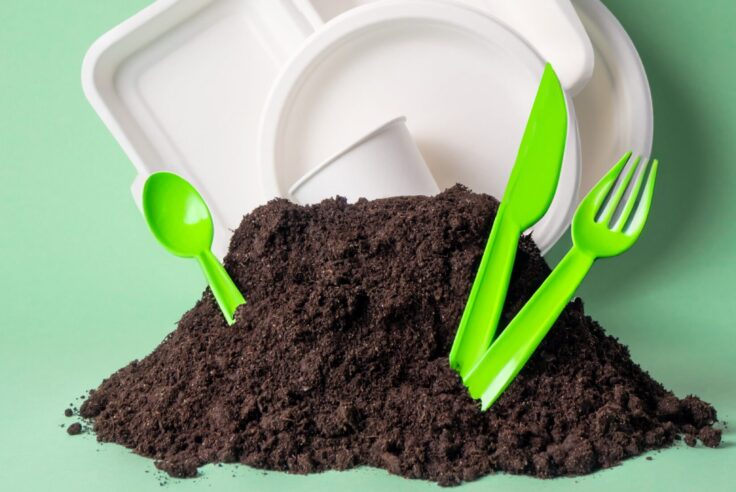
Press Release
Does Compostable Packaging Actually Break Down? Composting...
Data in new report reveals that certified food-contact...
